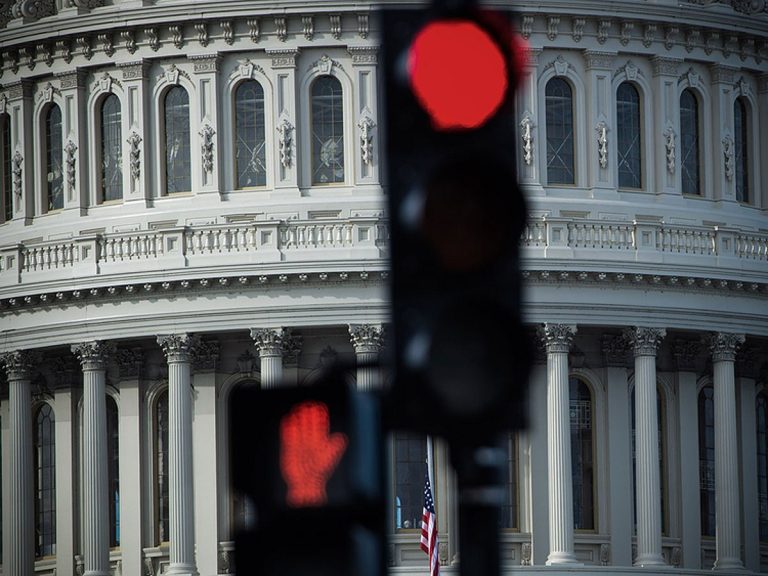UAE Decree Strengthens Central Bank and Consumer Protection
A recent Federal Decree-Law in the UAE has significantly expanded the powers of the Central Bank, aiming to bolster financial stability and enhance consumer protection. This legislation introduces stringent measures for financial institutions and insurance companies, ensuring they adhere to higher standards of accountability and transparency.
Key Provisions of the Decree
One of the most notable aspects of the new law is the adjustment of administrative fines. These fines can now reach up to ten times the value of the violation, reflecting the severity of the offense and the scale of the transactions involved. This change is designed to deter misconduct and promote compliance among financial entities.
Additionally, the decree mandates that licensed banks and insurers provide universal access to financial services. It emphasizes the importance of a centralized complaints system to protect consumers and allows for early intervention when a financial institution exhibits signs of distress. Furthermore, the law requires automatic debit of fines pending judicial decisions and public disclosure of penalties on the Central Bank’s website, increasing transparency in the financial sector.
Objectives of the Law
The overarching goals of this decree include maintaining currency stability, safeguarding the integrity of the financial system, and ensuring the prudent management of foreign exchange reserves. Financial institutions are now also obligated to secure adequate guarantees when extending credit to individuals and sole proprietorships, further protecting consumers and the economy.
FAQs
What are the main goals of the new UAE decree?
The primary goals are to enhance financial stability, protect consumers, and ensure responsible management of foreign exchange reserves.
How will the decree affect financial institutions?
Financial institutions will face stricter regulations, including higher fines for violations and requirements for universal access to services and consumer protection measures.
What changes are there regarding fines for violations?
Fines can now be up to ten times the value of the violation, depending on the severity and transaction volume, aimed at promoting compliance and accountability.
Conclusion
The new Federal Decree-Law represents a significant step towards strengthening the UAE’s financial regulatory framework. By enhancing the Central Bank’s authority and focusing on consumer protection, the decree aims to create a more stable and transparent financial environment. Moving forward, financial institutions will need to adapt to these changes to ensure compliance and maintain consumer trust.
The UAE’s financial sector has undergone considerable transformation in recent years, driven by a need for greater oversight and consumer protection in a rapidly evolving economic landscape. The introduction of this decree aligns with global trends where regulators are increasingly focused on ensuring that financial institutions operate with integrity and transparency. As the UAE continues to position itself as a leading financial hub in the Middle East, these regulatory enhancements are seen as essential for maintaining investor confidence and attracting foreign capital.
The decree also reflects a broader commitment by the UAE government to enhance the overall economic resilience of the nation. By implementing stricter regulations and promoting accountability among financial institutions, the government aims to mitigate risks that could arise from economic fluctuations or financial mismanagement. This proactive approach is particularly relevant in light of recent global economic uncertainties, which have underscored the importance of robust financial systems capable of withstanding external shocks.
Furthermore, the emphasis on consumer protection within the decree is indicative of a growing recognition of the rights and needs of individuals in the financial marketplace. By ensuring that consumers have access to a centralized complaints system and that financial institutions are held accountable for their actions, the UAE is fostering an environment where consumers can engage with financial services more confidently. This shift not only benefits consumers but also encourages financial institutions to prioritize ethical practices and customer satisfaction, ultimately contributing to a healthier financial ecosystem.
Also Read:
New H-1B Visa Regulations: Stricter Rules Ahead
UAE Traffic Update: Heavy Delays on Key Dubai Routes Including E11 and E311







